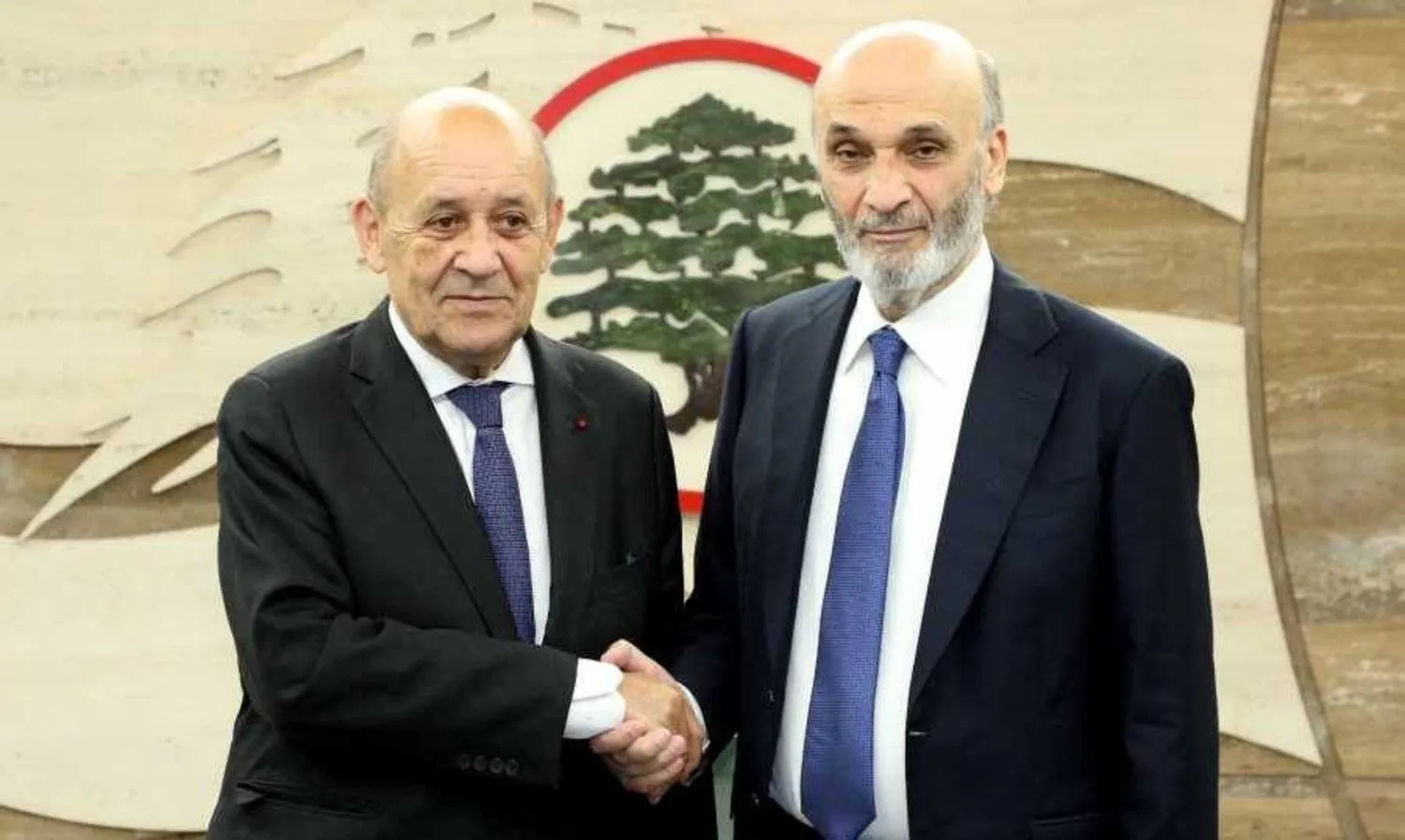During a recent meeting of the five nations focused on Lebanon’s affairs in the Qatari capital, it became clear that a fragile balance holds the international community back from withdrawing support for the Lebanese leadership’s attempts to address their political, financial, and economic challenges – unless they take initiative themselves.
Signs suggest that patience wears thin over the Lebanese’s perceived lack of dedication and inability to forge a crisis exit strategy.
French special envoy Jean-Yves Le Drian had presented two key questions to Lebanese political leaders he met last July.
He demanded answers to these queries before his return to Lebanon in mid-September.
Le Drian’s upcoming comprehensive meeting with Lebanon’s parliamentary blocs is expected to be “more than a dialogue... and less than an initiative.”
French diplomatic sources in Beirut told Asharq Al-Awsat that Le Drian’s message aims to break free from the “vicious cycle” in which political maneuvers have been revolving since Lebanon’s presidential vacancy started in November 2022.
Sources mentioned that Le Drian’s endeavor will represent “one of the international community’s final attempts to assist Lebanon,” cautioning that the international community’s patience is wearing away.
In a potentially final opportunity, Le Drian is striving to break the existing political deadlock, drawing on the strong support of the French President and the backing of the five nations concerned with Lebanese affairs (Saudi Arabia, Egypt, Qatar, France, and the United States), along with his considerable political expertise in conflict resolution.
He hopes that Lebanon can benefit from this experience before the idea of assistance from friends is abandoned.
Le Drian had posed the same two questions to those he met last July, concerning their views on the projects that the incoming president should undertake and the qualities they should possess.
Sources clarified that the French envoy would compile the answers he receives into a working plan, which he will then present to Lebanese leadership during an extensive meeting to be hosted by France in Beirut.
This will be preceded by bilateral meetings conducted by the French envoy, with Le Drian set to make shuttle visits to Lebanon during that period to “do whatever is necessary to provide an opportunity for a solution.”









